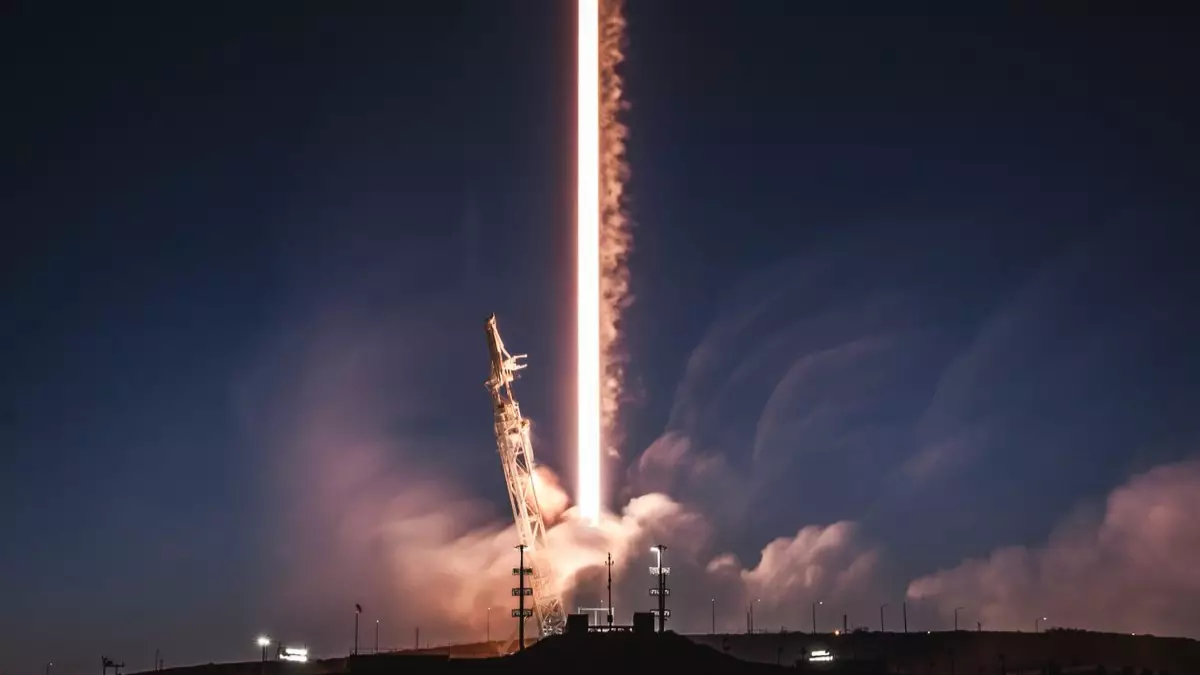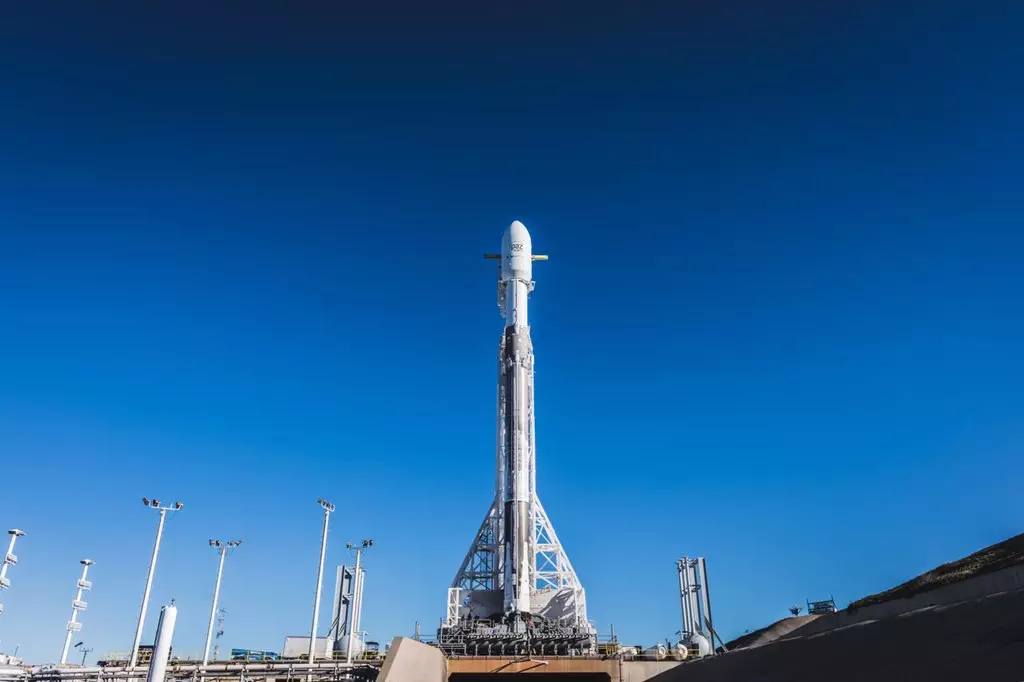
Yesterday evening a Space X Falcon 9 rocket blasted off into orbit carrying a satellite that could be the biggest ever launched.
At 12:33 local time (EST) the huge engines fired and sent it into the skies from Cape Canaveral Air Force Station in Florida carrying the cargo made by Spanish company Hispasat.
Elon Musk is about the most interesting guy in the world today. If he isn't launching the biggest rocket ever seen on Planet Earth, he is trying to bring global journey times down to a matter of hours with Hyperloop, or save Australia from an energy crisis.
That's on top of trying to end the planet's reliance on fossil fuels with electric cars, or giving out flamethrowers to investors in his companies.

Whilst the contradiction of trying to save the environment whilst also firing things into space using a hell of a lot of rocket fuel is not lost on us, it's still very impressive to see.
The satellite will go into orbit at 22,300 miles above the surface of the earth and is to provide signals for TV, internet and communication services across Europe, America, and North Africa.
Ahead of the launch Space X CEO Musk tweeted: "Falcon 9 flight 50 launches tonight, carrying Hispasat for Spain. At 6 metric tons and almost the size of a city bus, it will be the largest geostationary satellite we've ever flown."
Advert
Once it was up there, the success of the launch was confirmed by the official Space X Twitter account.
They said: "Successful deployment of Hispasat 30W-6 to a geostationary transfer orbit confirmed."
This particular event also marked a milestone for the company. It is the 50th time that a Falcon 9 rocket has been launched since their first voyage in 2010.
It's exactly a month since the Falcon Heavy - the largest rocket ever launched - took off from the same place and sent Elon Musk's red Tesla Roadster into the heavens.
It was supposed to get into the orbit of Mars, but missed the right trajectory and will now head off towards an asteroid field.
Still, despite not quite hitting the target Musk is keen to start a 'new space race' and wants other companies to join him in his missions that range from going back to the moon, getting to Mars, and trying to mine asteroids for minerals.
I mean, we obviously know that the Earth is flat, but it's nice that he's trying.
Featured Image Credit: Twitter/Space XTopics: elon musk, News, US News, Technology, space